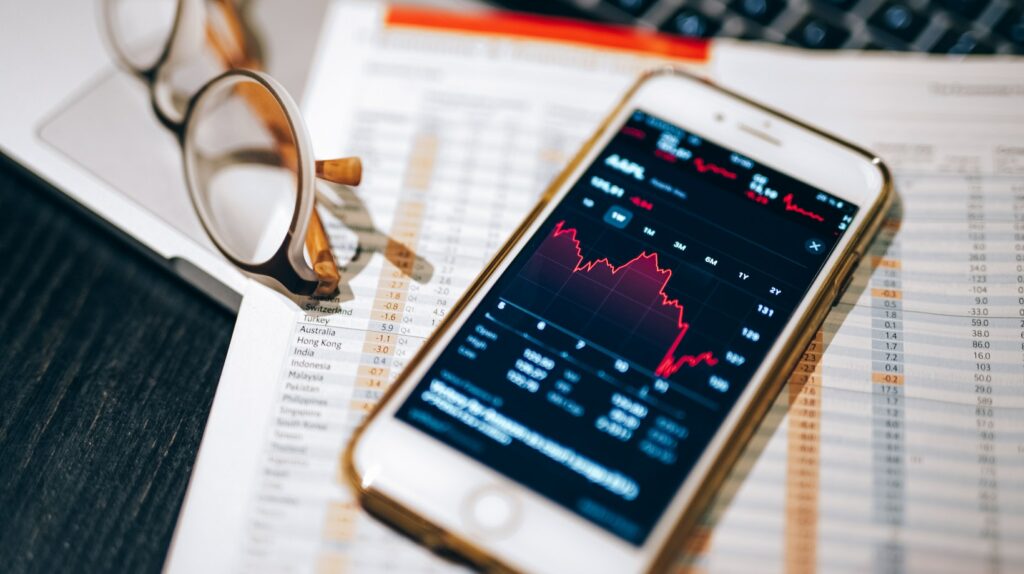
Comprehensive Guide for Great Returns: How to Invest in Philippines
How to Invest in Philippines
Let’s dive into the fundamentals of investing in the Philippines. Known for its strong economy and steady growth, this Southeast Asian nation presents lucrative opportunities for both local and foreign investors.
First off, we need to comprehend the investment landscape in the Philippines. The Philippine Stock Exchange (PSE) is where most of the action takes place. It’s home to over 200 listed companies spanning various sectors such as real estate, banking, industrial goods, services, holding firms, and more.
Investing directly in stocks isn’t your only option though. Mutual funds have gained popularity due to their ease of management and diversified portfolios. What’s more? They’re managed by professional fund managers who take on all that stock-picking stress off your shoulders!
You might be wondering about risks involved. Of course, like any investment venture there are risks too! But here’s a catch – the Philippines’ robust economic performance backed with sound macroeconomic policies have helped mitigate these risks significantly over time. Here are some key points to consider when investing:
- Understand local laws: The Securities Regulation Code governs investments in this country.
- Know your options: Stocks aren’t your only choice; bonds, mutual funds, real estate are viable choices too!
- Consider getting professional help: Financial advisors can provide valuable guidance tailored to your individual circumstances.
So now you’re well acquainted with basic concepts needed for investing in the Philippines! In our upcoming sections we’ll delve deeper into each type of investment opportunity available there.

Navigating the Philippine Stock Market
Embarking on the journey of investing in the Philippines could be quite a thrilling venture. It’s a market that boasts potential and promises substantial returns if navigated correctly. One key area to focus on is understanding how to maneuver through the local stock market.
The first step toward immersing yourselves in this financial world is setting up your brokerage account. Numerous trusted brokers operate within the country, such as COL Financial Group and First Metro Securities Brokerage Corporation. They provide platforms for you to trade stocks online conveniently.
Once you’ve established your account, it’s time to get familiar with PSEi (Philippines Stock Exchange index). This index comprises 30 of the largest publicly listed companies in the country, covering various sectors from banking to real estate and telecommunication services. Studying these entities, their performance trends and future prospects can offer valuable insights into where best to put your money.
However, navigating through any stock market isn’t just about selecting promising stocks. It’s also crucially about timing your investments wisely. In simple terms, buy low and sell high! Watching for fluctuations in prices and knowing when to hold back or dive in can significantly impact your investment outcomes.
Investing requires diligent research and patience but remember not all information will serve you well. Be wary of stock tips without credible sources or overhyped stocks which may lead you astray from sound investing principles.
Investing in Real Estate: A Guide for Foreigners
Real estate investment in the Philippines can be a worthwhile venture, given its burgeoning economy and increasing tourism industry. We’ve noticed that many foreigners are captivated by the country’s tropical beauty and low cost of living, prompting them to consider purchasing property.
Let’s start with the basics: foreign individuals aren’t allowed to own land directly in the Philippines. However, there are certain ways around this restriction. One common method is setting up a corporation that includes Filipino citizens who hold at least 60% ownership, while foreigners can hold up to 40%. In this arrangement though, it’s crucial to ensure you’re partnering with trustworthy individuals.
Next on our list of considerations is choosing where to invest. The Metro Manila area stands as the economic hub of the country, attracting both local and foreign investors alike. Cities like Makati, Bonifacio Global City (BGC), and Quezon City have proven to be hot markets for condominiums due to their proximity to business districts.
Despite these potential challenges when buying real estate as a foreigner in the Philippines we believe that it could indeed be a profitable endeavor if done right. With careful planning, appropriate advice from legal experts and savvy decision-making one could navigate through the complex world of Philippine real estate successfully.





